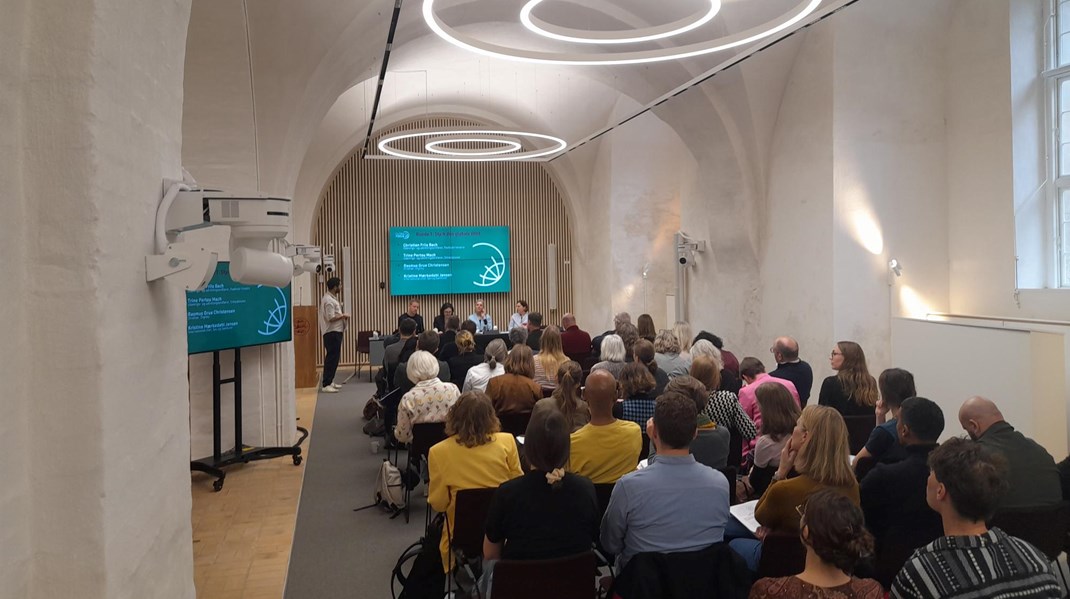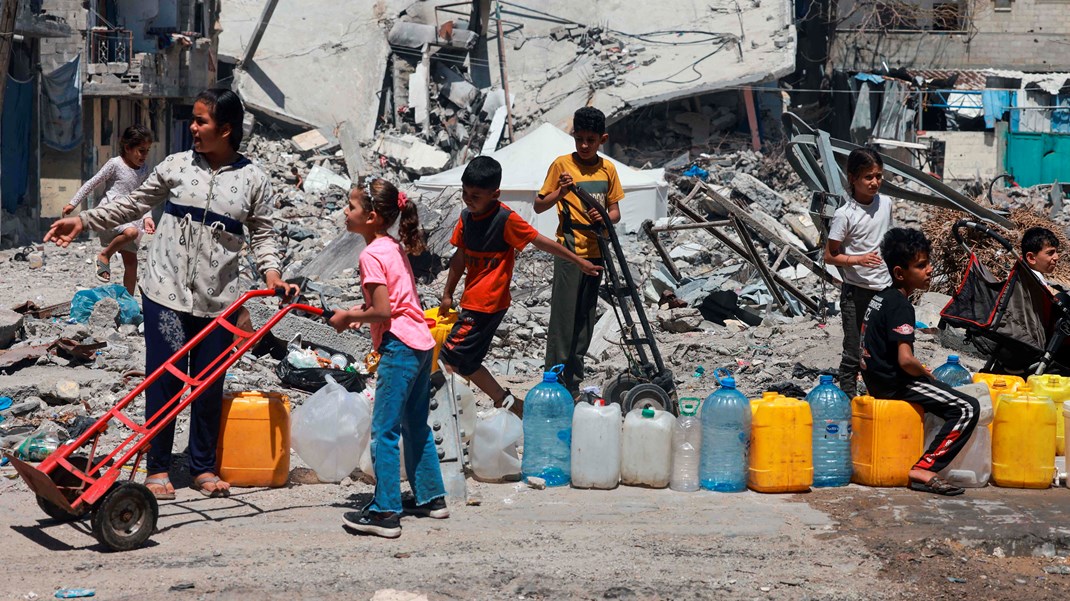Samoa requires $10.7 million to strengthen response to measles outbreak
CRISIS OVERVIEW
Since 2017, a global resurgence of measles cases has been affecting all regions of the world. In global immunization surveys, coverage for the second dose of measles-containing vaccine (MCV2) was 69%, with significant variability between regions. In the Asia Pacific region, outbreaks and clusters of measles cases are being reported from countries where measles has been eliminated, including Australia, Japan, New Zealand, Republic of Korea, as well as higher incidence in endemic countries such as Lao PDR, Malaysia, the Philippines, Thailand and Vietnam. The country most affected in the pacific region is Samoa with a total of 4217 measles cases, including 62 deaths. The outbreak in Samoa is caused by the D8 strain (genotype) of measles virus.
The Samoa Ministry of Health declared a national measles outbreak on 16 October 2019. There is widespread community transmission, with the outbreak strain the same as that causing the current outbreak in New Zealand. The Government of Samoa declared a state of emergency on 15 November 2019. Under the new Orders of the State of Emergency the Government has made vaccination mandatory for priority groups. Samoa activated its National Emergency Operations Centre (NEOC) on 15 November which meets daily to coordinate the emergency response and provides updates on the situation. Under the national order, various restrictions have been implemented including limitations on inter-island travel for all individuals below 19 years of age; temporary closure of schools, and strongly advising children not to attend public gatherings or attending any medical facility, unless they require medical attention. Unimmunized pregnant women are further restricted from attending their place of employment (public and private sector).
On 03/12, the Government announced that a nationwide mass vaccination will take place on Thursday and Friday (05 + 06/12) and all public services (excluding power and water, police, and health services) as well as the private sector (with few exceptions) will be shut down from 7 am – 5 pm to enforce the mass vaccination programme. Citizens were asked to stay at their residences and await the visit of mobile vaccination teams. There are 128 teams carrying out the mass vaccination campaign during this period. The Government of Samoa considered that this was the most effective way to increase the immunization level of the general population within the shortest time.
The impact of this national health emergency is far-reaching and tear at the very social fabric of society as every aspect of life is affected by this measles outbreak. It is imperative to strengthen the culture of acceptance of vaccination, in order to create “herd immunity”. It is also important to strengthen health services, who have been working heroically to save lives – often with limited resources and supplies. The Government of Samoa acknowledges with deep gratitude the support of partners and recognizes that substantial efforts are still needed in the short, medium and longer term to efficiently combat this emergency and to put measure into place that such an outbreak will not reoccur in the future.
AFFECTED GROUPS
To date there have been 4,217 measles cases, with around 200 new ones recorded on a daily basis. In addition, there were 62 measles related deaths. 32,743 were completed before the Mass vaccination campaign. Since the activation of the Mass Vaccination Campaign on 20 November 2019, the Ministry has successfully vaccinated 57,132 individuals, of that 42,611 were vaccinated in Upolu and 14,521 in Savaii. Lowest coverage and percentage of fatality rate is highest in the under five years age group.
Shortages in institutional capacities to respond to the outbreak persist with pregnant nurses encouraged to opt out of the vaccination process and other necessary clinicians being provided to MOH through Emergency Medical Teams, with the support of WHO. Management of the vaccination process, medical records and existing health infrastructure remain challenging, proper planning including procurement as well as outreach and post-outbreak monitoring being immediately needed due to persisting limited capacities in the health system of Samoa.
Based on estimates from the census, there are 44,286 women in Samoa that are currently of reproductive age, of whom 6,444 may be pregnant and require medical assistance for safe delivery of an estimated 2,148 babies in the next three months. Approximately 15% of these pregnancies may likely face obstetric complications that may include C-sections. The government has prioritized women of reproductive age (20-35 years old) for vaccination and they will need access to condoms and other family planning methods to prevent pregnancy within the four-week contraindicated period. There is increased need for antenatal management and psychosocial support to women who are pregnant and test positive for measles. The strain on health services to respond to the epidemic risks crowding out essential maternal and reproductive health services for women of reproductive age without measles, impacting on access to care and increasing potential risks of morbidity and mortality.
Support to families of the deceased patients as well as strengthening a culture of immunization in Samoa also require financial resources to be made available to the Government, civil society organizations and other actors to engage.


